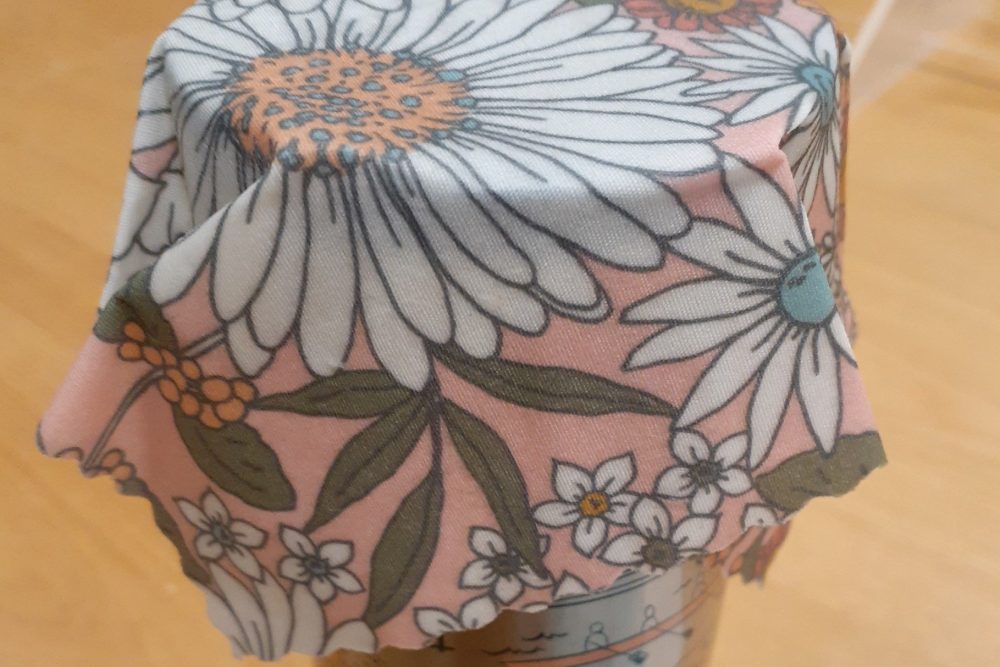Rising Prices Drive Demand for 'Imperfect' Foods
Japanese snack food manufacturers are putting imperfect products up for sale to reduce food loss and offer affordable products amid rising prices for food.
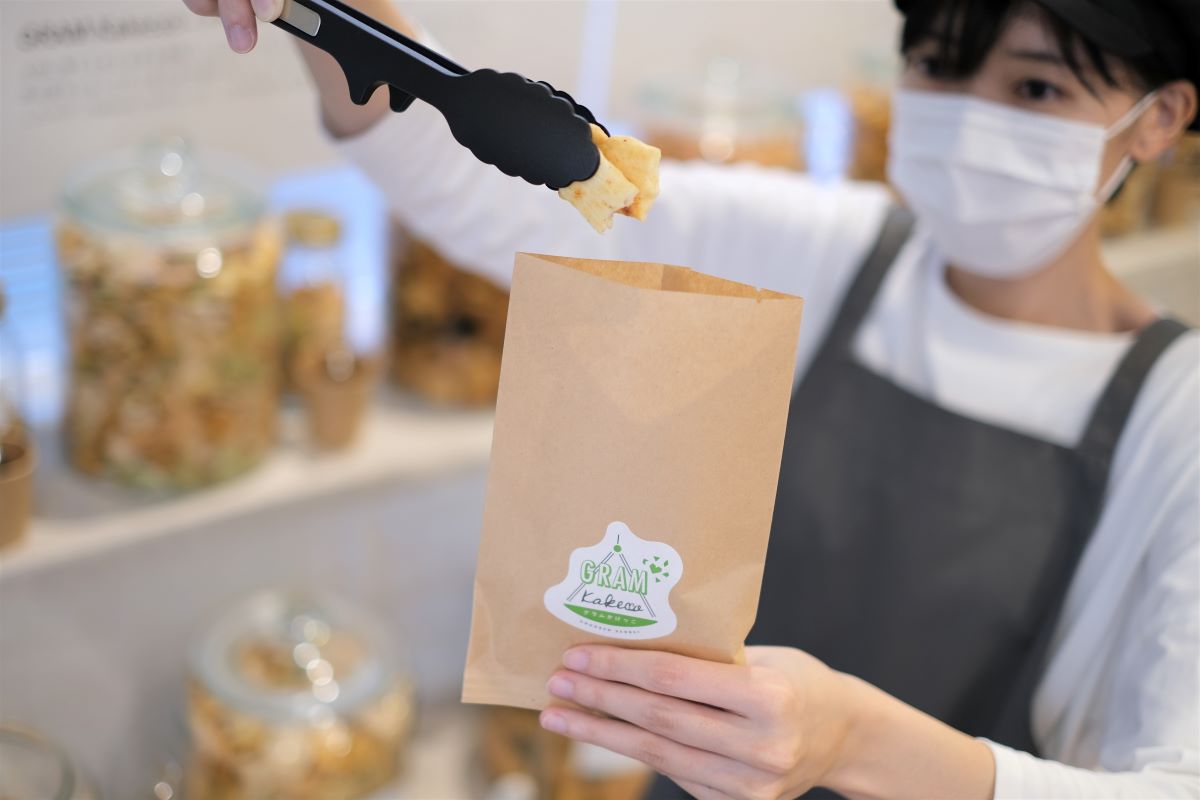
このページを 日本語 で読む
Alongside rising prices, consumer demand is growing for less-than-perfect food products. These include food items that cannot be sold as standard products due to having been broken or chipped in the manufacturing process. Despite their non-standard shape and appearance, imperfect foods have the same taste and quality as regular ones. Their imperfections also mean they can be bought for a cheaper price.
More consumers are turning to imperfect products to alleviate the burden on household budgets. The growing trend to stock imperfect products, especially among the food and retailing industries, also helps reduce food loss.
Rebranding Broken Crackers
Chuoken Senbei is a long-established rice cracker producer that recently celebrated its 100th anniversary. On October 30, the company announced a project called GRAM Kakecco to sell rice crackers that were chipped or broken during production. From November 2-4, the company conducted bulk sales at its main store in Tokyo's Itabashi Ward.
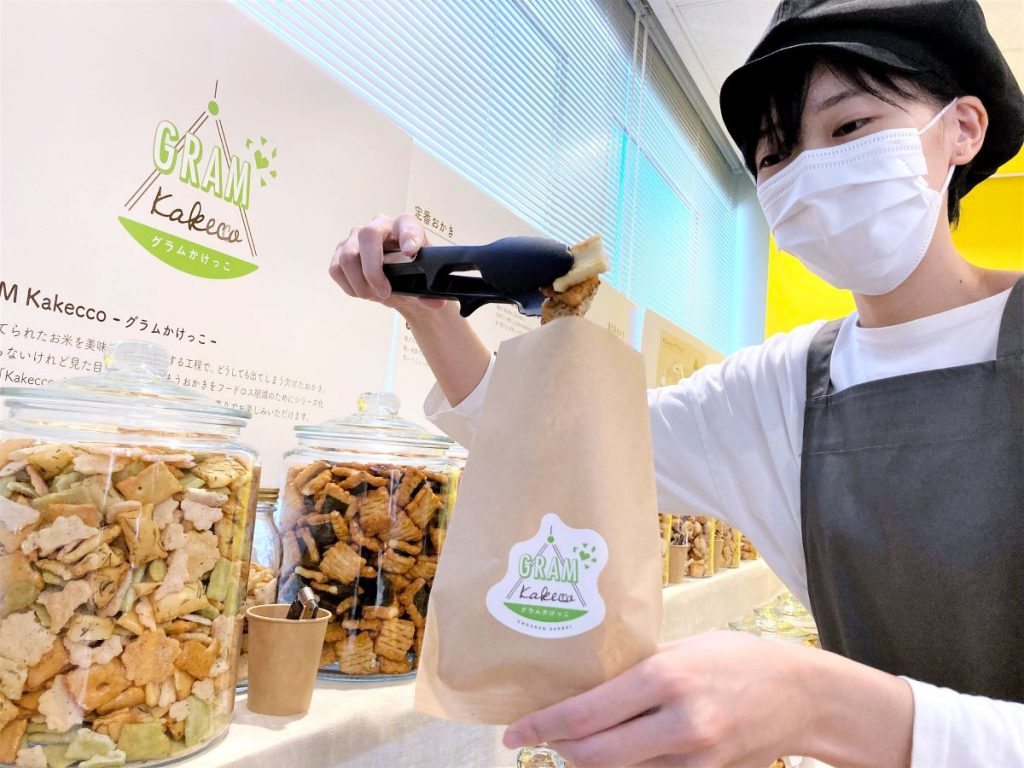
The project aims to rebrand the concept of kake (meaning "chipped" or "broken") as eco-friendly. Customers purchasing in bulk could bring their own paper bags, jars, or other containers, thereby reducing the environmental impacts of using plastic bags. They chose from a selection of ten different flavors. The bulk imperfect crackers retailed at ¥324 JPY per 100 grams, less than half the price of standard crackers.
Chuoken CEO Shu Yamada explained the project's aims and prospects. "We hope to offer bulk sales of these crackers on a permanent basis to cater to people who care about sustainability," he emphasized.
The company also has plans to upcycle (transform waste into added-value products) imperfect crackers into edible spoons that it will offer for sale. By implementing these various measures, Chuoken aims to reduce food loss by approximately 20 tons annually.
Industry Trend
Other major snack food companies have already started selling imperfect products.
In June, Morinaga introduced an imperfect version of its Moonlight cookies. The company began offering for sale cookies that cannot be sold as standard products due to breakage during the manufacturing process.
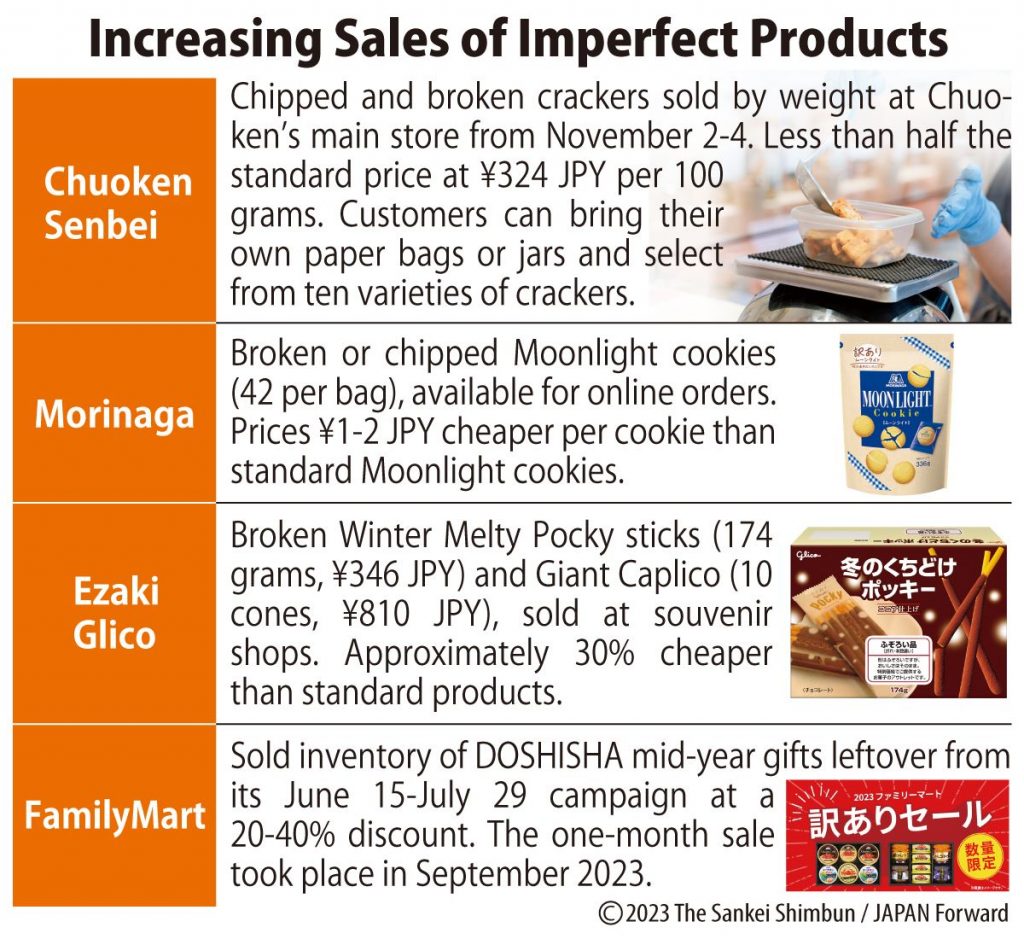
Processed foods company Ezaki Glico sells broken Winter Melty Pocky sticks, a seasonal chocolate snack food. Biscuit sticks with irregularities in shape are sold as an imperfect product. Another product sold as imperfect is the company's Giant Caplico cones. Although only available irregularly and at select stores and online shopping sites, these imperfect products sell out fast.
Retailers have also been working to reduce food loss. Between September and October, FamilyMart, a major convenience store chain, sold leftover mid-year gifts at marked-down prices. Mid-year gift sets of assorted canned crab from DOSHISHA, a company that designs and sells household goods, were sold at 20-40% discounts at the convenience store. The items were in high demand.
The company realized a food loss reduction of approximately 0.6 tons. A spokesperson for FamilyMart commented, "We will consider holding a similar sale for our year-end gift sets early next year."
With the spread of online shopping, there is a growing trend to sell imperfect foods as well as foods approaching expiration dates. An increasing number of consumers also buy non-standard vegetables, fish, and other agricultural and fishery products directly from farmers and fishers.
このページを 日本語 で読む






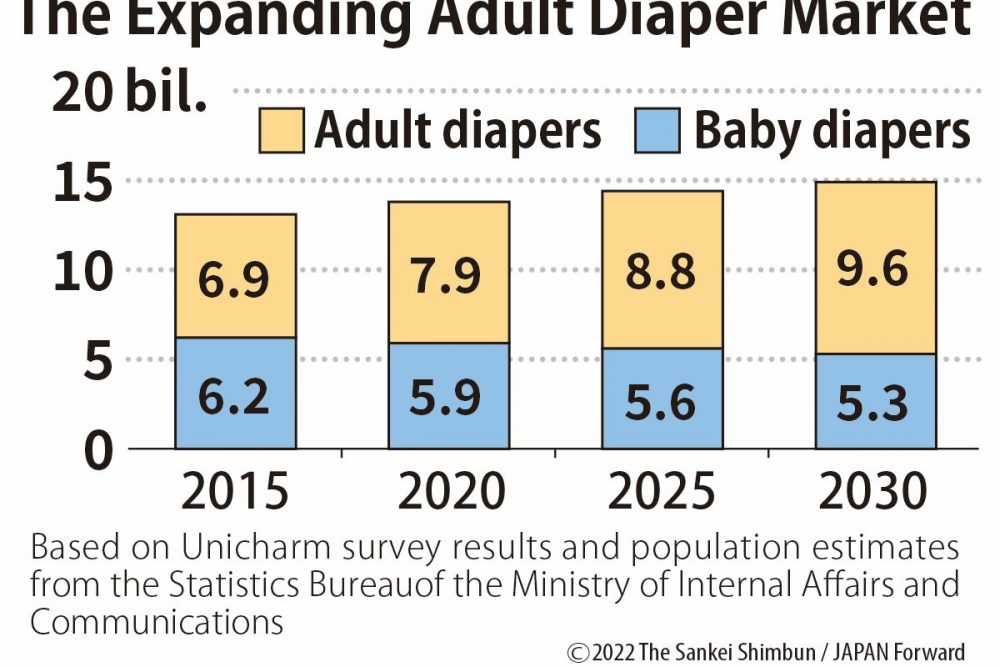


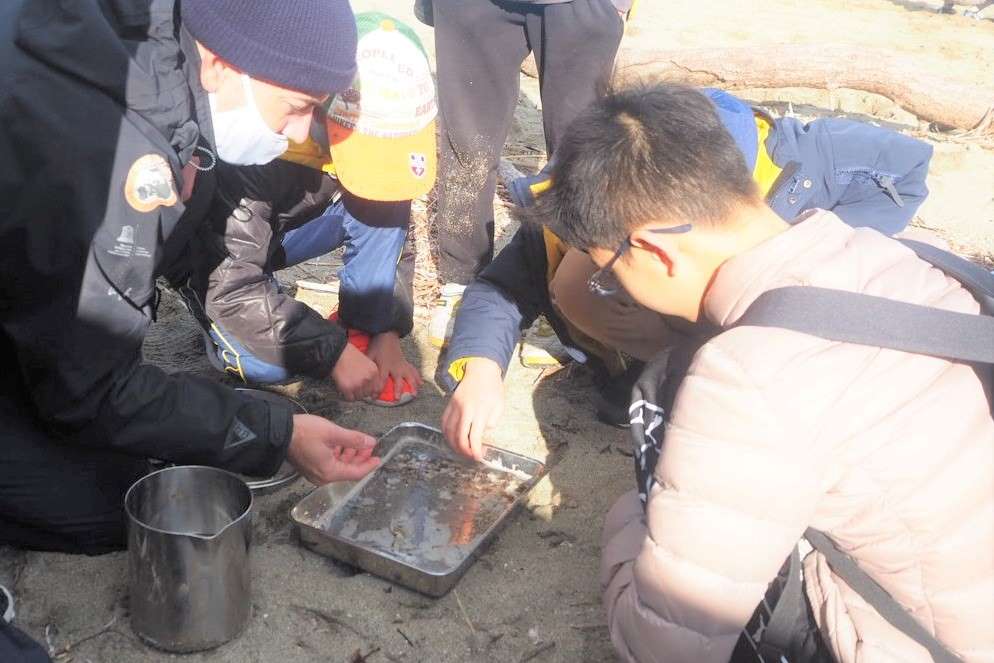
-Whaling-Today-November-8-rrss-rotated-1-1000x667.jpg)
